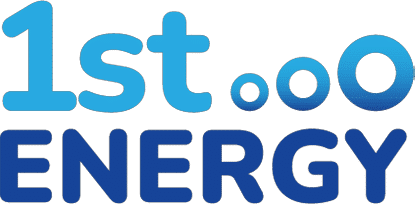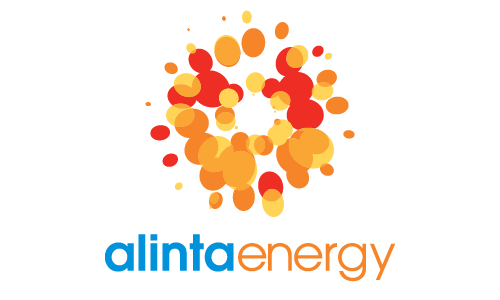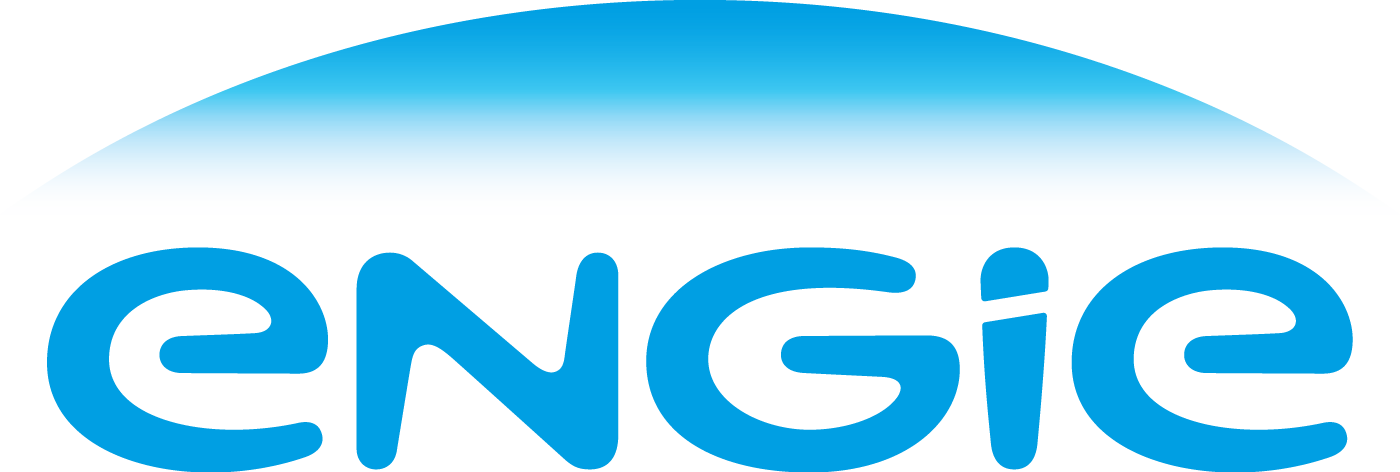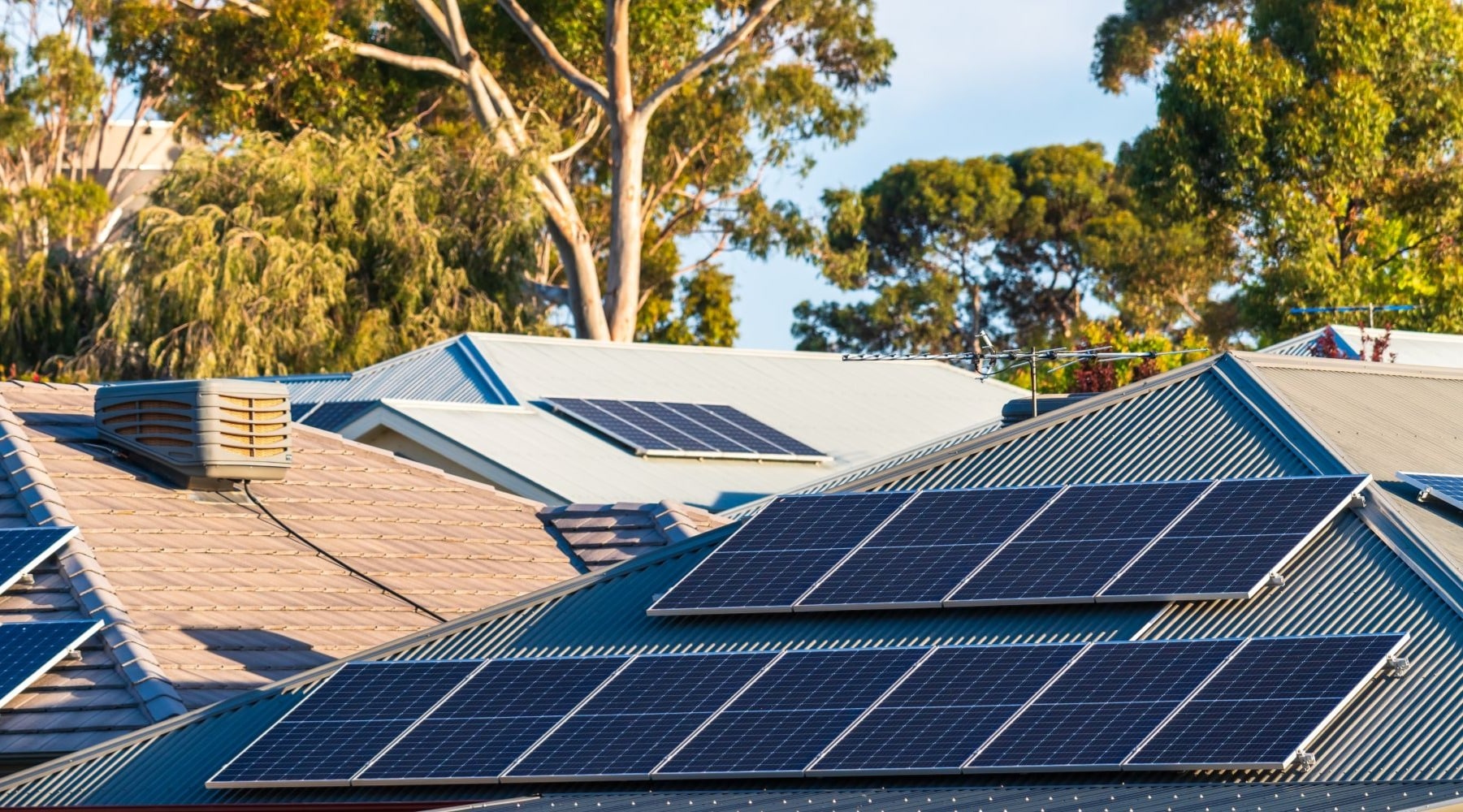When comparing solar plans, it's important to look at more than just the feed-in tariff you receive. The amount you get paid for your excess electricity is just one side of the equation, as you’ll also consume electricity from the national grid when your solar panels aren't producing power, such as at night or on cloudy days with no sunshine.
Consider all these key factors to help you find the best possible solar plan for your needs:
Solar feed-in tariff
The solar feed-in tariff (also known as the ‘buy back rate’) is the rate at which an energy company pays you for the electricity generated by your solar panels, and then fed back into the national grid. It is typically measured in cents per kilowatt-hour (c/kWh). When deciding on a feed-in tariff, you'll have the option of selecting either a fixed-rate feed-in tariff, or a variable-rate feed-in tariff.
A variable-rate feed-in tariff offers varying rates depending on the time when electricity is exported to the grid. It offers higher rates during periods of high energy demand (typically in the evening) and lower rates during daytime hours. This type of tariff allows solar panel owners with battery storage to maximize their earnings by capitalizing on peak energy prices and adjusting their energy export accordingly. It's important to consider your energy consumption patterns and evaluate which feed-in tariff structure aligns best with your solar energy generation and usage habits.
Go for a good balance
Look for a plan with competitive tariff rates for both consuming and exporting electricity, as a high feed-in tariff alone may not guarantee the lowest electricity bills for you. Check what the tariffs are for peak, off-peak and shoulder rate electricity usage, and consider when you will be using most power from the grid, and which tariffs apply to those periods.
Solar panel system capacity
Check if there are any limits on the size of the solar panel system a particular plan will cater to, as some electricity plans specify they only apply to systems of a certain size or which generate a set limited amount of power, such as less than 10kw per day on average. Make sure you find a plan which is suitable for the size and efficiency of the panels you’ve installed.
Daily feed-in export limits
Some plans may have a cap on the amount of electricity you can export at a particular feed-in tariff. After this cap has been reached, the tariff may drop to a lower rate. For example, you may be offered 12c/kWh for the first 14kWh exported per day, but only 5c/kWh for any remaining electricity you export that day. Check these limitations don’t impact how much you could save on your plan when comparing. You may find that a fixed lower feed-in tariff with no cap offers a better deal than a higher rate feed-in tariff that is capped and so only applies to a small percentage of the power your system generates.
Time-limited feed-in tariffs
There are some solar plans which have a higher feed-in tariff only for a limited amount of time, such as the first three months. After this ‘honeymoon’ period, the tariff may reduce and become less competitive. Watch out for time-limited feed-in tariffs and compare the tariff being offered over the whole life of the plan, not just during the initial special offer period.
Contract terms
Consider the length of time the contract will last; does it have a fixed term (such as one or two years) or is it an ongoing contract? Review the length of the agreement and any early exit fees which may apply before committing to a longer-term plan which locks you in and potentially restricts your ability to switch plans to get a better deal without paying a hefty fee.
Supply charges
In addition to considering the feed-in tariff and electricity consumption rates on offer, it's important to pay attention to the supply charge too. This is a fixed cost per day which is charged to supply electricity to your property. Supply charges can vary significantly between different energy providers and have a significant impact on your overall electricity costs as a result.
Fees and additional charges
When comparing solar plans, it's important to examine not only the rates but also any potential fees or additional charges that may apply. These could include connection fees, administration fees or early termination fees. Understanding the fee structure of each plan is crucial for evaluating the true cost of that plan for your circumstances.
By carefully considering all of these factors and reading the fine print of the plan you choose, you can make an informed comparison and pick a solar plan that aligns with your energy needs most closely and provides the best deal for your electricity generation and consumption.
 You might be interested in
You might be interested in


























































